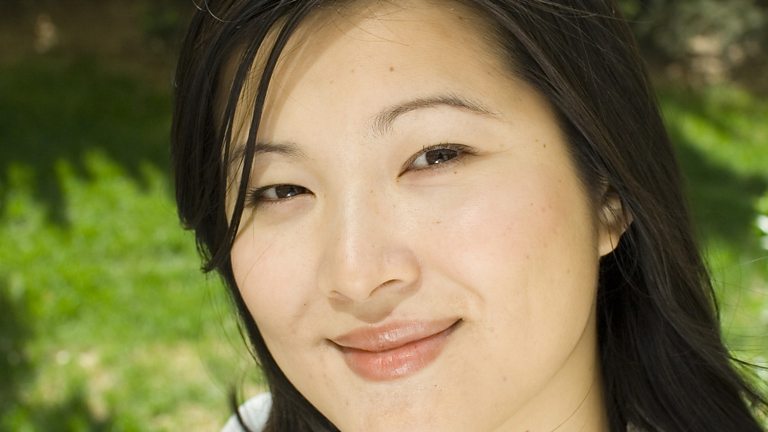

In 2006 I was accredited in Beijing, and in theory that meant I could only report around Beijing. I would spend a lot of time looking for opportunities like trade fairs, cultural shows, or whatever would garner me an official invitation. You had to get a visa and be invited into the country, sort of like a vampire. Reporting in China then was a little closed off, although you might argue that it’s even worse now. It’s particularly hard to get a journalist visa in China, so some media companies like to post you there to begin. Mei Fong (MF): Hong Kong is a way station for a lot of people who want to get into China. Young China Watchers (YCW): What was the reporting environment in China like when you were posted to the Hong Kong and China bureaus of the Wall Street Journal in 2001? Mei spoke for YCW Singapore in December 2015. Her book “One Child: The Story of China’s Most Radical Experiment” was published in November 2015. Mei is currently a fellow at the think tank New America. Her coverage of China’s migrant workers won a 2006 Human Rights Press Award from Amnesty International and the Hong Kong Foreign Correspondents’ Club, as well as awards from the Society of Publishers in Asia and Society of Professional Journalists.

After attaining a master’s in International Affairs at Columbia University, she joined the Wall Street Journal, where she won a shared Pulitzer Prize for her stories on China’s transformation ahead of the 2008 Olympics. Mei Fong is a Malaysian author and journalist.


 0 kommentar(er)
0 kommentar(er)
